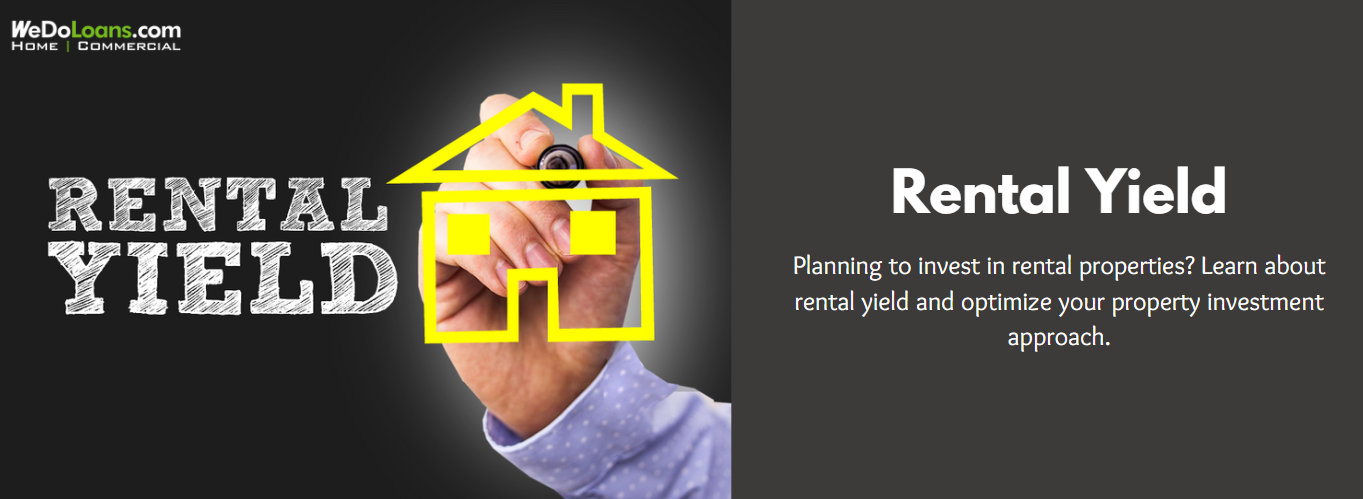
For a successful real estate investment, understanding its profitability is crucial. One key metric is rental yield, which helps assess returns on rental properties. Yield is a percentage-based figure that measures the return on a property’s value.
What is Rental Yield?
Rental yield represents the annual return generated from rent relative to the property’s value, providing a snapshot of return on investment. While it doesn’t account for factors like property appreciation, it’s a primary indicator of a rental property’s income potential. This metric is typically calculated annually and is essential for evaluating the potential performance of a rental property and estimating how long it will take to see a positive return on investment.
Why Rental Yield Matters for Real Estate Investors
Rental yield is vital because it quantifies the expected return on a property’s value, offering a clear and measurable way to evaluate a key aspect of rental real estate. Investors use it to:
- Compare different properties and markets.
- Estimate long-term profitability.
- Make informed decisions about whether to sell or hold a property.
- Provide data points for financing applications, as lenders consider rental yield.
This makes rental yield a crucial factor when deciding to invest in or retain a rental property.
Gross Rental Yield vs. Net Rental Yield
Rental yield is typically calculated on an annual basis, but there are two main approaches: gross rental yield and net rental yield.
- Gross Rental Yield: This calculation considers the total annual rental income as a percentage of the property’s market value, without accounting for expenses like maintenance or management fees. It’s useful for a quick overview of a property’s earning potential, especially when screening multiple properties.
- Net Rental Yield: This provides a more accurate picture by including operating costs such as taxes, insurance, and maintenance. Net rental yield is influenced by factors like building age, location, property amenities, management fees, and taxes, offering a clearer view of a property’s actual profitability.
How to Calculate Rental Yield
The formulas for calculating gross and net rental yield are straightforward:
- Gross Rental Yield: (AnnualRentalIncome/PropertyValue)×100(Annual Rental Income / Property Value) \times 100%(AnnualRentalIncome/PropertyValue)×100
For example, if a property is valued at $300,000 and generates $24,000 in annual rent, the gross yield would be 8%.
- Net Rental Yield: (AnnualRentalIncome–OperatingCosts)/PropertyValue×100(Annual Rental Income – Operating Costs) / Property Value \times 100%(AnnualRentalIncome–OperatingCosts)/PropertyValue×100
Using the same property but with $4,000 in annual expenses, the net yield would be 6.67%.
What is a Good Rental Yield?
A good rental yield varies by location, property type, and market conditions. Generally, a gross yield of 6% or more is considered decent, while a net yield of 4% or higher is seen as good, assuming operating costs are around 2% of the property’s value.
How to Increase Rental Yield
Investors can increase rental yield by:
- Reducing vacancies to maximize rental income.
- Adjusting rents based on market conditions.
- Streamlining operational costs to improve net yield.
- Making strategic property upgrades to increase value and rental income.
Conclusion
Understanding both gross and net rental yield is essential for evaluating residential real estate investments. These metrics provide insight into current or potential rental property performance and are key to making informed investment decisions.
